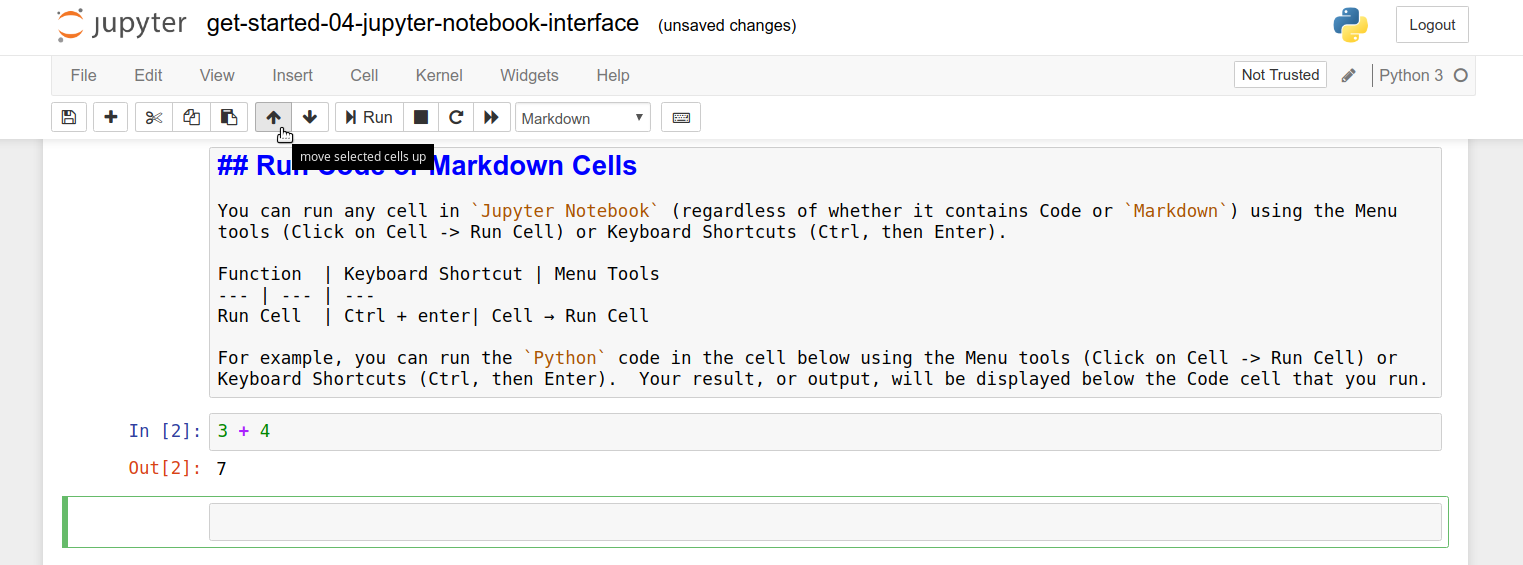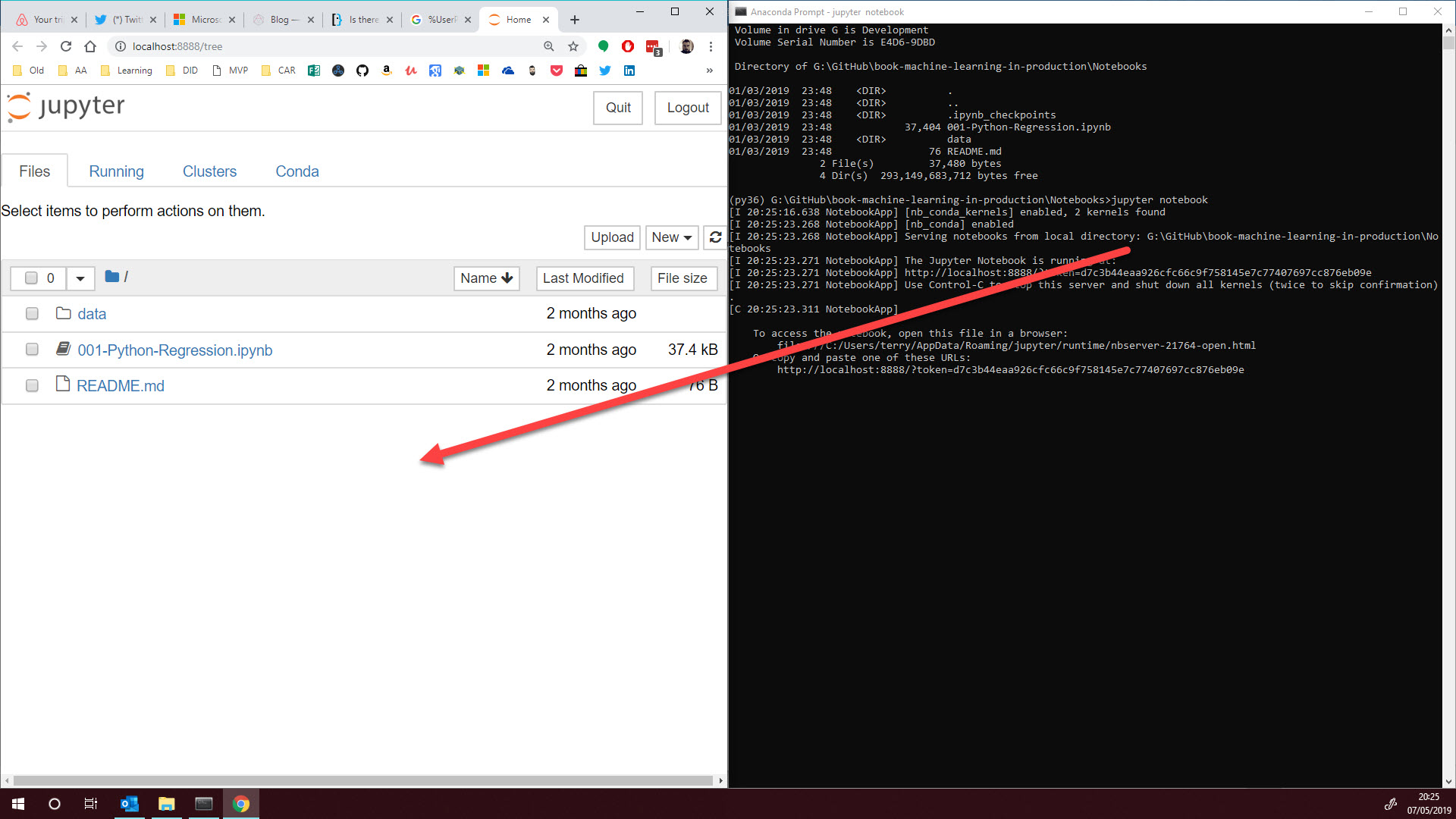

You can access this then on your browser with localhost:8888.

The first 8888 is the port you will access on your local machine (if you already use this port for another juypter instance you can use port 8889 or a different open port). You can tunnel to your server by adding the -L argument to the ssh command, which is responsible for port forwarding. Next, you can decide whether you want to use SSH tunneling or you want to use SSL encryption and access your jupyter notebook over your own domain name. # this is the password hash that we generated earlier.Ĭ.NotebookApp.password = 'sha1:073bb9acaa67:b367308802ab66cb1d7654b6684eafefbd61d004' # do not open a browser window by default when using notebooks To create the key pairs you can simply type the command: To create a new SSH key you can use the ssh-keygen tool. Some hosting providers require you to upload the public key before creating the server instance. These key pairs consist of a public key which is uploaded to the server and a private key that stays on your machine. We are starting with a fresh server and in order to add more security when accessing your server, you should consider using SSH key pairs. Finally, you can either choose to run Jupyter notebooks over SSH tunneling or over SSL with Let’s Encrypt. Next, you will setup Jupyter to run on the server. We will first go through creating SSH keys, adding a new user on the server, and installing Python and Jupyter with Anaconda. In this tutorial we will be working with Ubuntu 16.04/18.04 servers, but most steps should be fairly similar for Debian 8/9 distributions. This tutorial was written in JupyterLab, the next developments of Jupyter notebook: It supports a whole variety of kernels and you should find most languages you need.

Jupyter connects to a kernel with a specific language, the most common being the IPython kernel. Jupyter comes from the three core languages that are supported: Julia, Python, and R. You can create documents that feature live code, documentation with Markdown, equations, visualization and even widgets and other interesting capabilities. Jupyter is an open source web application that enables interactive computing from the browser. Additionally, you will see how to use Jupyter notebooks over SSH tunneling or SSL with with Let’s Encrypt. Jupyter Notebook is a powerful tool, but how can you use it in all its glory on a server? In this tutorial you will see how to set up Jupyter notebook on a server like Digital Ocean, AWS or most other hosting provider available. Installing and Running Jupyter on a Server


 0 kommentar(er)
0 kommentar(er)
